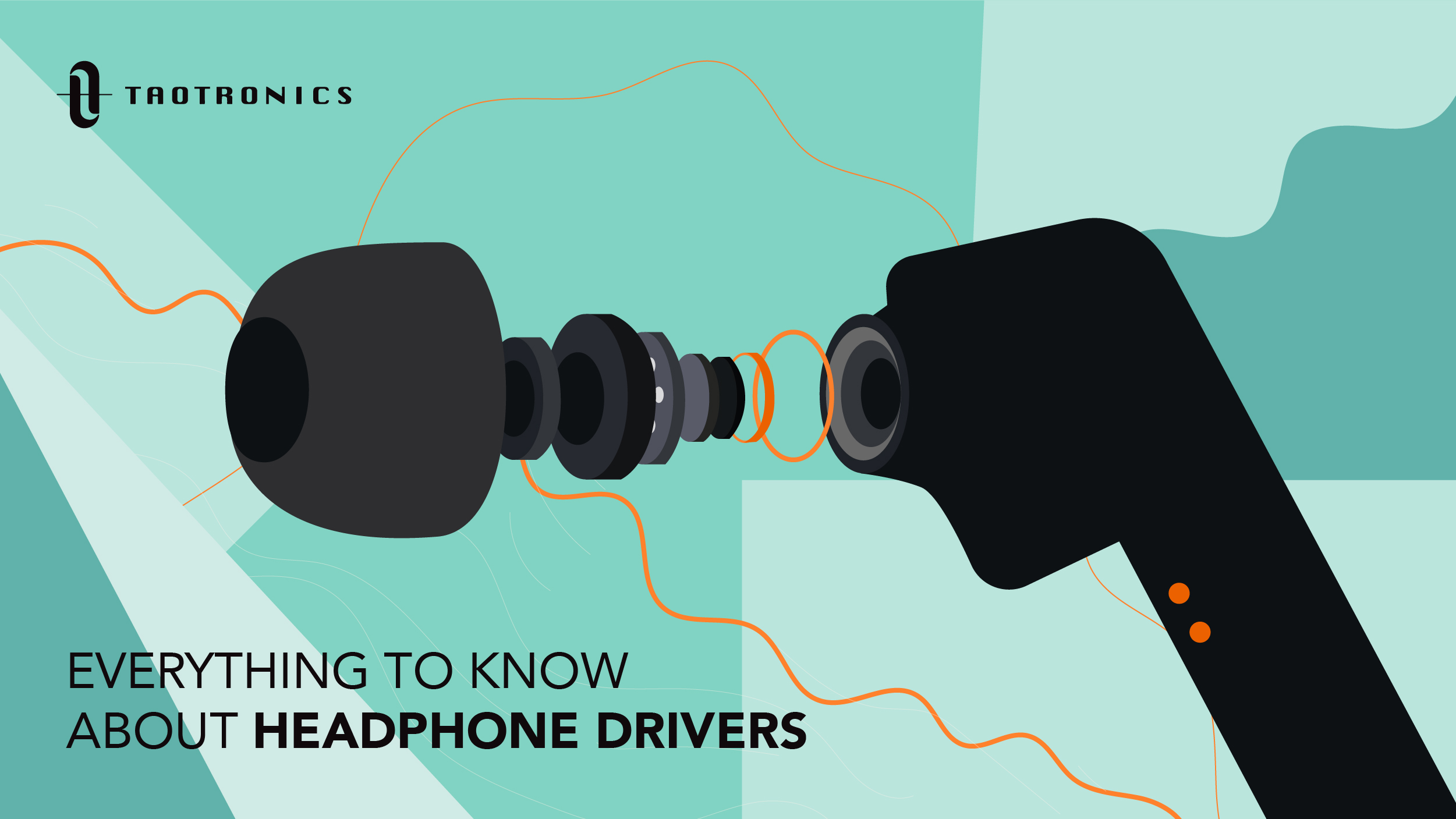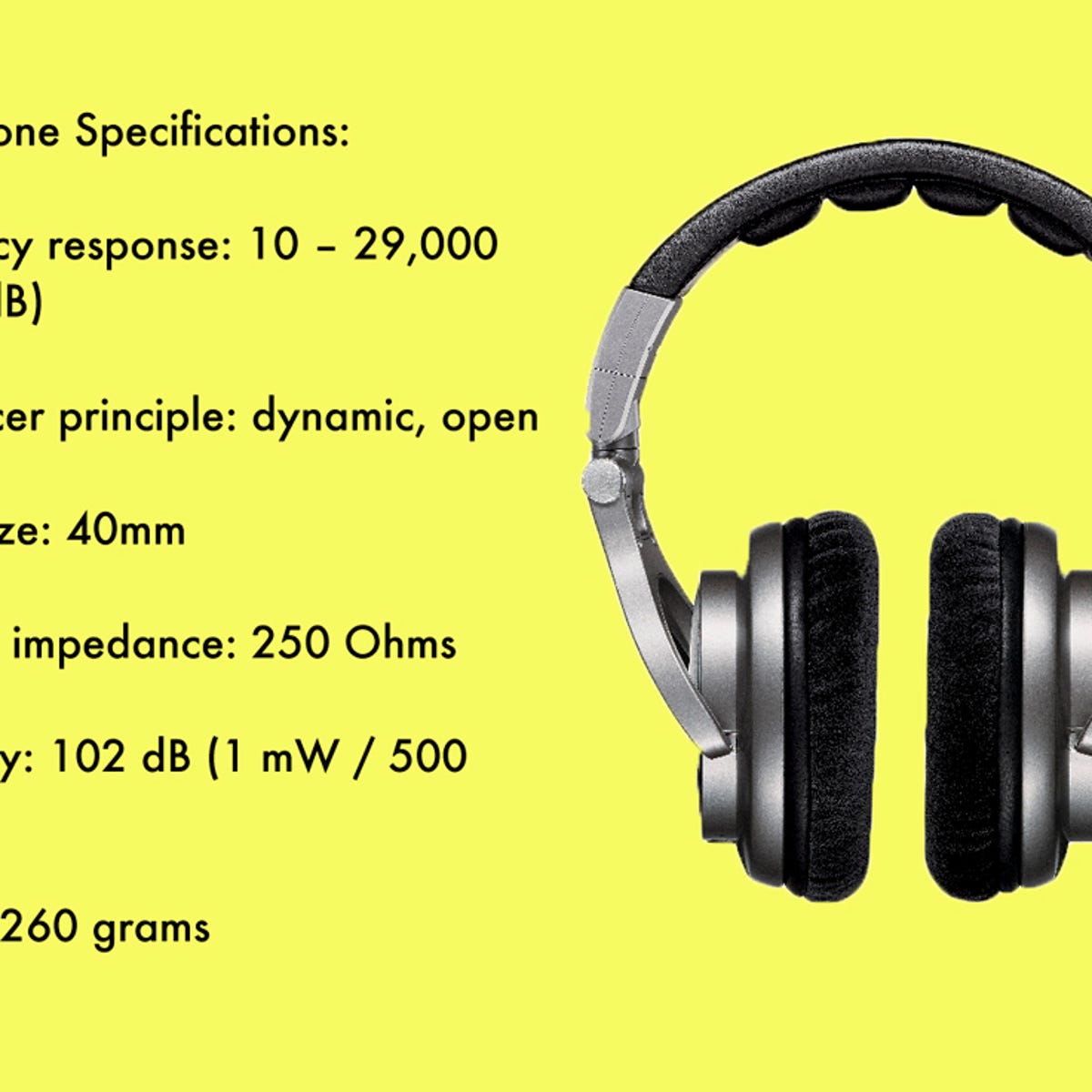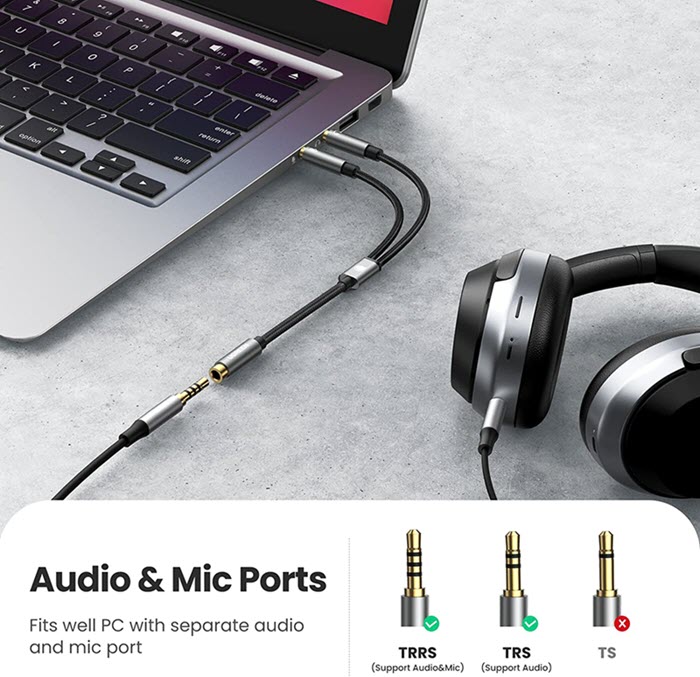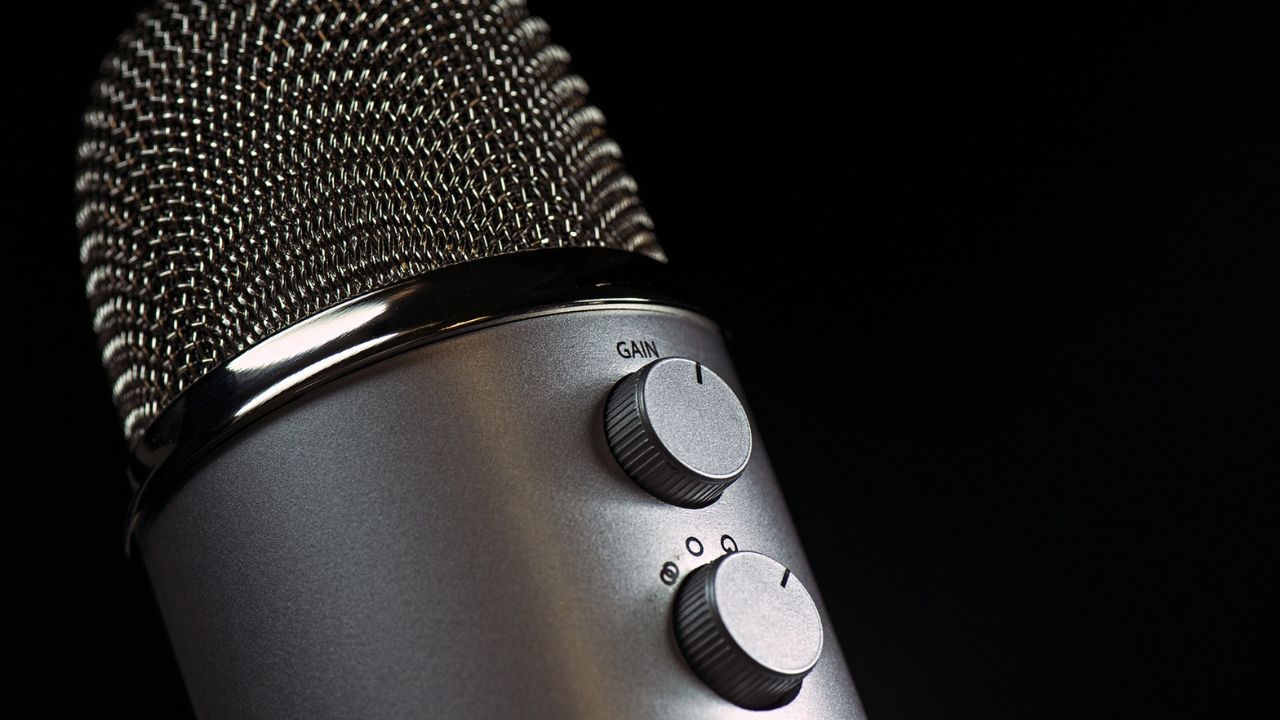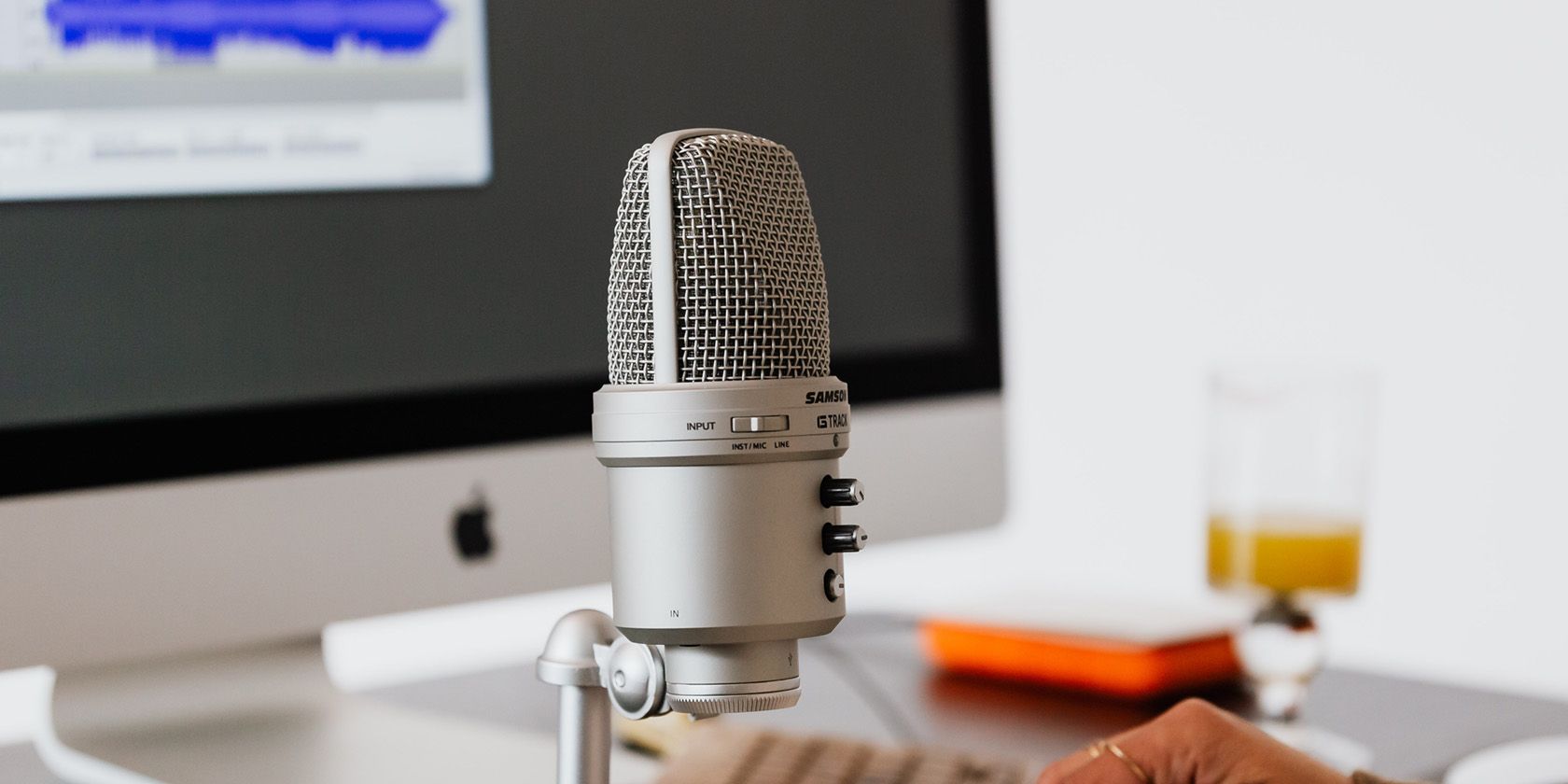Unearthing the Beat: A Comprehensive Guide to the Headphones With the Most Bass
Introduction
Are you looking to find headphones that can help you delve deeper into your music by giving you the most profound bass experience? In the world of audiophiles, bass is one of the most appreciated elements in a song. Discover the world of headphones where bass is king in this comprehensive guide. Not only will you discover why bass matters, but this guide will also reveal the top performing headphones with the most bass, how to choose your ideal pair, and even how to pump up the bass in your headphones.
Why is Bass vital in the Music Experience?
Exploring the significance of bass in the realm of music involves understanding its pivotal role in shaping our listening experience. The following key points will underscore why bass is deemed essential:
1. Rhythmic and Harmonic Foundation: Bass encompasses the lowest range of musical notes, creating a vital rhythmic and harmonic foundation. The bassline guides everything else that happens in the song, weaving a constant, reliable thread that other instruments and vocals can rely on.
2. Focus on Rhythm: While higher-frequency sound waves provide the melody, bass holds the rhythm. The regular beat pattern or rhythm it sets makes your foot tap and bodies move, impacting listeners' physical response to music.
3. Physical Sensation: Unlike the higher sound frequencies, bass is more felt than heard. Low-frequency bass sounds vibrate the body, often resulting in a feeling of being immersed in the music.
4. Depth and Warmth: Bass adds depth and richness to music. It introduces 'warmth' and fullness to the sound, making the music feel closer to the listener.
5. Improvement of Headphone Performance: In headphones, a good bass response is crucial, as it significantly elevitates the overall listening experience. It makes the audio fuller, immersive, and far more enjoyable.
In essence, bass is integral to music due to its ability to drive the rhythm, generate physical vibration, and add depth and warmth to the sound. Consequently, a strong bass response in headphones is seen as a marker of superior audio quality, making bass-heavy headphones a popular choice among music enthusiasts.
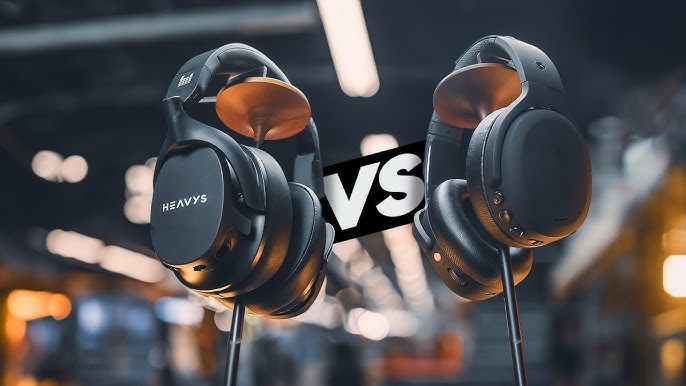
Which Factors Impact the Bass in Headphones?
The bass output of headphones isn't a random occurrence – it hinges on several factors which work independently or collaboratively to determine your ultimate bass listening experience. Let's delve into these factors:
1. Driver Size: This is arguably the most crucial factor affecting the bass in headphones. Drivers are the components responsible for producing sound. Essentially, larger drivers can push more air, leading to beefier and more potent bass.
2. Headphone Design: The type of headphones can significantly influence bass output. Generally, closed-back headphones tend to provide a stronger bass response than their open-back counterparts. This is due to their ability to trap and direct sound straight to the ears without leakage.
3. Material Quality: The quality of materials used in headphone construction also plays a part in bass performance. High-quality materials often lead to superior acoustics and, by extension, better bass response.
4. Equalization Settings:
The bass output can also be significantly tweaked by adjusting the headphone's equalization, or EQ settings. Managing the EQ settings could allow you to increase or decrease the bass levels, tailoring them to your listening preferences.
Understanding these factors can empower you to make an informed choice when buying headphones, ensuring you pick a pair that delivers the bass experience you desire. It also provides insight into maximizing the bass output of your current headphones, offering the potential for a more immersive and satisfying audio experience.
What are the Top Performing Headphones with the Most Bass?
The headphone market is filled with numerous models known for their impressive bass performance. They differ in design, features, and cost, making the selection process quite fascinating yet a bit complicated. Let's break down the top performers that have been celebrated for their exceptional deep and punchy bass:
1. Sony WH-1000XM4: This pair from Sony is a top-performer not only among bass-headphones but also in noise-cancellation. Their audio profile provides powerful, deep, and clear bass, making every beat palpable.
2. Sennheiser HD 800 S: These are well-loved among audiophiles due to their rich, velvety bass. They have wide, open-back ear-cups that contribute to delivering an immersive and comfortable bass experience.
3. Beats Studio3: As part of the globally recognized Beats by Dre line-up, these headphones offer striking bass emphasis. They can add an extra oomph to your beats making your commute or workout sessions more enjoyable.
4. Anker Soundcore Life Q30: Looking for a wallet-friendly option that doesn't compromise on bass quality? With Life Q30, Anker breaks that notion by proving excellent performance can come at an affordable
price.
By considering these candidates, you’ll be a step closer to identifying the headphones with the most bass to enrich your music experience. Remember to check individual reviews for each of these headphones to get a more detailed view of their bass performance and overall features.
How to Choose Your Perfect Bass-Heavy Headphones?
Selecting headphones that can deliver intense bass boils down to your personal preferences and budget constraints. Here are some crucial tips to help navigate your selection process:
- Driver Size: The heart of your headphones is their drivers. Typically, larger driver sizes lead to a more powerful bass output. Always check the driver size before making your purchase.
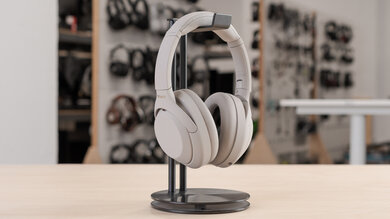
- Design of the Headphones: The structure of the headphones plays a significant role in the bass output. Generally, closed-back designs are known to provide superior bass response compared to open-back designs.
- Build Material: The material used in the construction of the headphones impacts the overall sound quality. Premium materials often result in better performance, including enhanced bass.
- User Reviews: Never underestimate the power of user reviews. They provide real-world insights into the effectiveness of the headphones. Pay special attention to reviews that mention 'bass' and 'deep tones.'
- Personal Testing: If possible, do a test run before making your final decision. This can give you a first-hand experience of the bass response and whether it aligns with your expectations.
In conclusion, make a well-rounded evaluation that includes all these factors to ensure you pick the perfect bass-heavy headphones that suit your unique musical taste.
How to Optimize Bass Output in Your Headphones?
Unlocking the robustness of bass output within your headphones can unlock an entirely new layer of appreciation for your music. The following steps will guide you on how to tune and adjust your devices to optimize this low-frequency sound:
1. Use an Equalizer (EQ) App: Audio equalizers allow for adjustments within the frequency spectrum of your audio devices. Within the EQ, turn up the frequencies around 60 Hz - 250 Hz to intensify the bass output. Some apps even offer 'Bass boost' settings that are simple to tweak.
2. Utilize Your Music Player's Built-In EQ: Alongside third-party apps, many traditional MP3 players and popular music-streaming platforms incorporate inbuilt EQ settings. Similar to an EQ App, this can be a platform for adjusting bass levels, look for a 'Bass' or 'Bass boost' knob and turn it up as desired.
3. Alter the Fit and Position of Your Headphones: Often an overlooked tip in enhancing bass output, the correct fitting and positioning of headphones can play an instrumental role. In-ear headphones typically produce better perceived bass when the fit is secure, while over-ear headphones can be adjusted around your ears to find a spot that emphasises the bass.
4. Invest in a Headphone Amplifier: A headphone amplifier can significantly enhance the audio quality, including the bass response of your headphones. They can make your music feel more robust, nuanced, and distinct, especially if you own a high-impedance headphone.
5. Replace Your Headphone Ear Pads: Something as simple as changing your ear pads can remarkably influence your bass experience. Different materials (like leather) can preserve bass frequencies better and improve isolation.
Mastering these steps can undeniably optimize your headphone bass output. But remember, it's always essential to look after your hearing health – dangerously high bass levels can damage your ears.
Conclusion
Choosing the right headphones to deliver powerful and deep bass can significantly improve your music listening experience. By understanding the aspects that influence the bass output in headphones, you can make an informed decision and optimize your headphones for the ultimate bass experience. So, dive in, let the rhythm drive you, and unearth the beat with headphones that offer the most bass!
Related FAQs about what headphones have the most bass
Why are some headphones better at producing bass than others?
Several factors influence bass production in headphones. These include the design (closed-back tend to have better bass), size of the driver (larger drivers can produce richer bass), and the quality of materials used in their construction. Additionally, headphones with better sound isolation or noise-canceling capabilities tend to enhance bass frequencies.
Can the bass in headphones be enhanced with software adjustments?
Absolutely, the bass in headphones can be increased by adjusting the equalization (EQ) settings either on your device or via a dedicated app. These equalizers allow you to bump up frequencies around 60Hz - 250Hz, thereby enhancing bass output. Some apps even provide 'bass boost' options for an even greater effect.
How does bass quality impact the listening experience in headphones?
The bass quality greatly influences one's listening experience. A good bass response gives depth to music, helps create a rhythmic foundation, and offers a physically immersive feel. The music sounds warmer and fuller, resulting in a heightened auditory experience. Hence, bass quality determines the richness and enjoyment of your audio experience.

